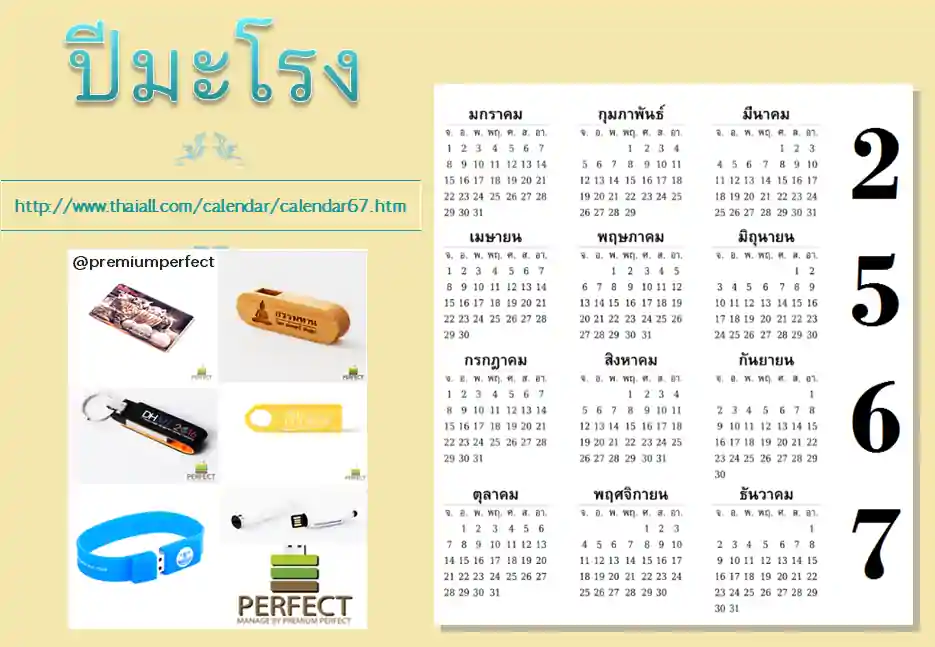ป้ายกำกับ: Religious Events
Religious Events: A Guide to Understanding Important Dates and Observances
Have you ever wondered why certain days are special to different religions? Or why people celebrate certain events with such enthusiasm? Religious events hold a powerful place in the lives of many, offering moments of reflection, community, and spiritual connection. This guide will delve into the world of religious events, exploring their significance and how they shape our understanding of different faiths.
Understanding the Importance of Religious Events
Religious events are not just calendar entries; they represent deeply held beliefs and practices. They often commemorate historical events, celebrate spiritual figures, or mark significant periods in the religious calendar. These events provide opportunities for:
- Spiritual Reflection: A time for individuals to connect with their faith, reflect on their beliefs, and seek spiritual guidance.
- Community Building: Religious events bring people together, fostering a sense of belonging and shared purpose.
- Cultural Expression: Many religious events are interwoven with cultural traditions, preserving ancient customs and celebrating shared heritage.
A Glimpse into Different Religious Events
To fully appreciate the diversity of religious events, let’s explore some examples:
Christianity:
- Christmas: Celebrates the birth of Jesus Christ, a central figure in Christian faith.
- Easter: Commemorates the resurrection of Jesus Christ, signifying victory over death and the promise of eternal life.
- Lent: A period of fasting and spiritual reflection leading up to Easter.
Islam:
- Ramadan: A month of fasting and spiritual renewal, marked by increased prayer, charity, and reflection on the Quran.
- Eid al-Fitr: Celebrates the end of Ramadan, a time for feasting, joy, and family gatherings.
- Eid al-Adha: Marks the willingness of Prophet Ibrahim to sacrifice his son, Ismail, as an act of obedience to God.
Hinduism:
- Diwali: “Festival of Lights,” celebrating the victory of good over evil and the triumph of light over darkness.
- Holi: “Festival of Colors,” marking the arrival of spring, the end of winter, and the triumph of good over evil.
- Navratri: A nine-night festival celebrating the victory of Goddess Durga over the demon Mahishasura.
Buddhism:
- Vesak: Celebrates the birth, enlightenment, and death of Buddha, a key figure in Buddhist faith.
- Uposatha: A monthly observance during which Buddhists refrain from certain actions, such as killing, stealing, and lying.
- Buddha Jayanti: Celebrates the birth of Buddha, marking the start of a new year in the Buddhist calendar.
Navigating the World of Religious Events
While this is a brief glimpse into the vast world of religious events, it emphasizes their diversity and importance. By understanding the meaning behind these events, we gain a deeper appreciation for different faiths and the values they embody.
Remember: Religious events are a powerful expression of faith, and approaching them with respect and understanding fosters a greater sense of global awareness and cultural appreciation.
This is just the beginning of your journey into understanding religious events. As you continue to explore, you’ll discover a world filled with fascinating traditions, cultural expressions, and profound spiritual meaning.
Tip: If you’re interested in learning more about specific religious events, consider reaching out to local religious communities, attending cultural events, or engaging in online resources.
Keywords: religious events, religious calendar, holidays, festivals, cultural events, religious observances, religious practices
